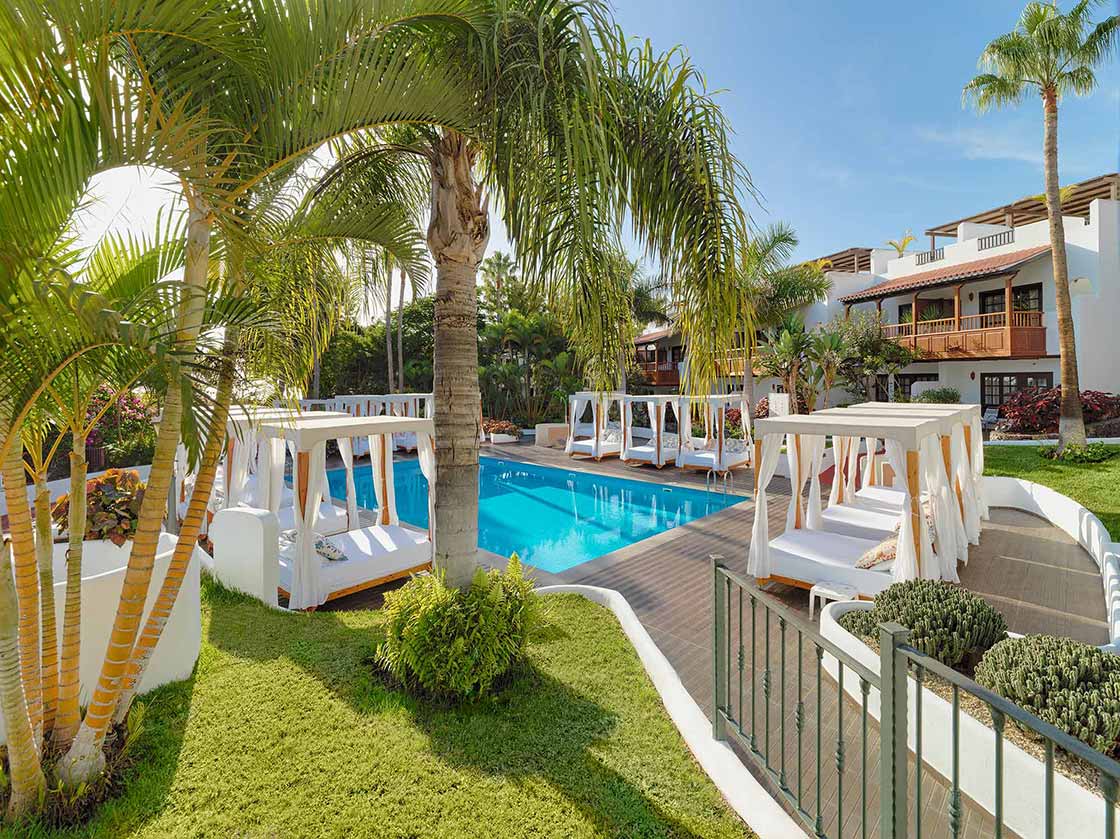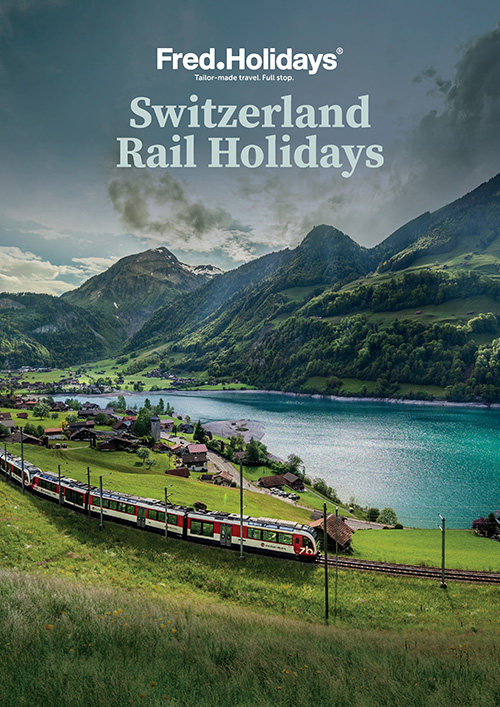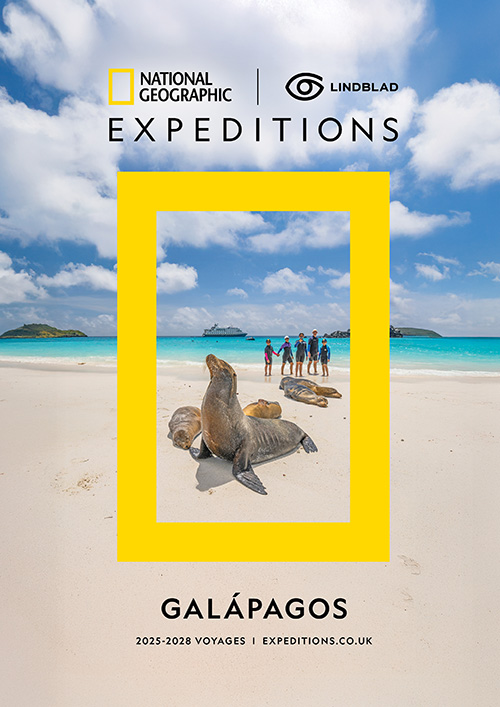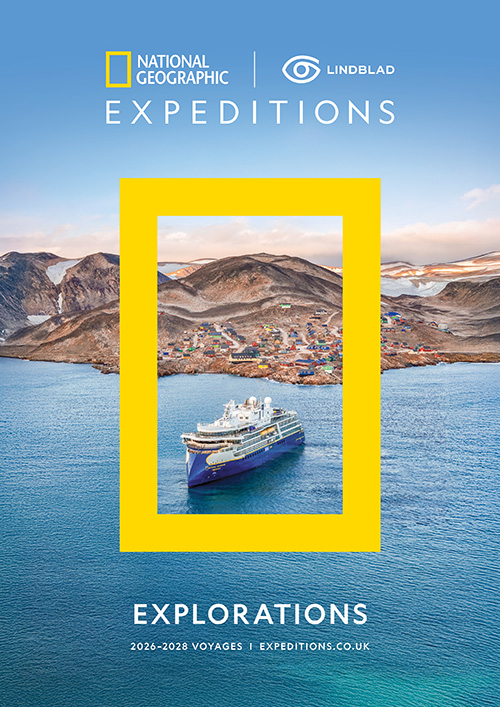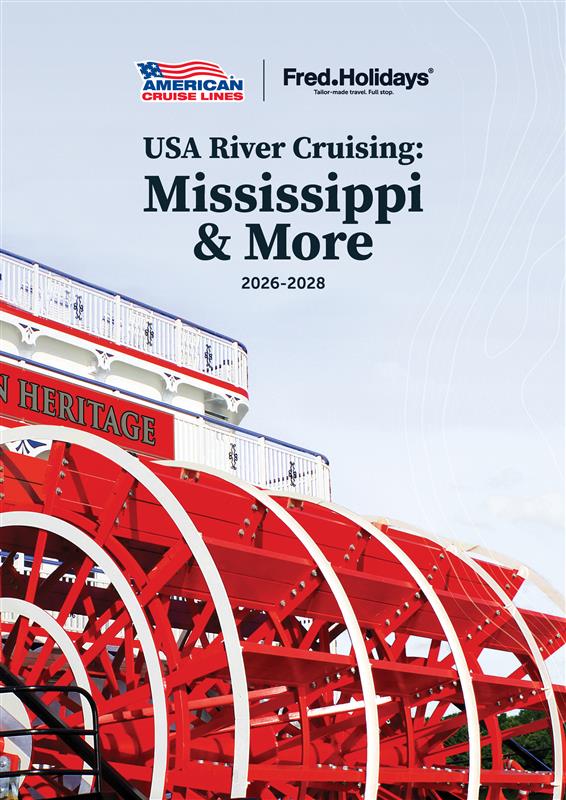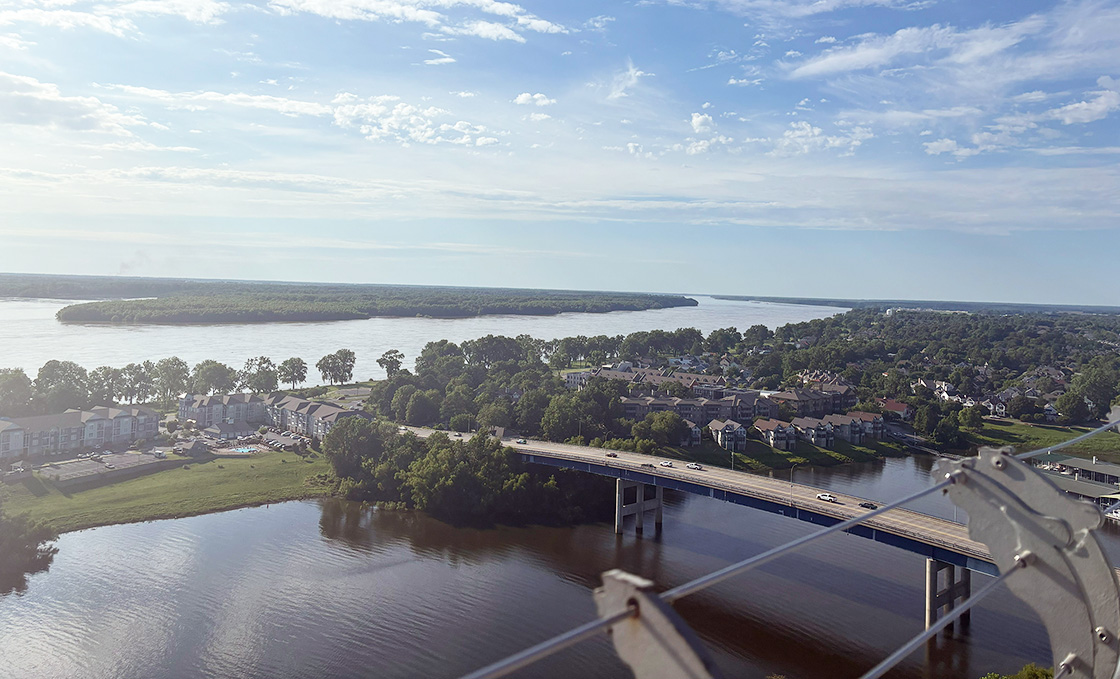Show
Hide
Filters
Search filters
Operator
Departing
Duration
Ship
Departure Date
{{DestinationIcons}}
{{TravelTypesIcons}}
{{Name}}
{{Nts}} Nights| Departing: {{DepartureDate}}
{{BannerText}}
{{Ports}}...more
{{ref}}
{{pid}}
{{Duration}}
{{TravelTypes}}
{{Ship}}
{{DepartingFrom}}
{{Countries}}
{{Destination}}
{{YearMonth_String}}
{{DurationID}}
{{Tags}}
{{Ports}}
{{OperatorID}}
Book Now
Onboard:
{{Ship}}
from
{{PriceConverted}}
{{PriceType}}
DETAILS
X
{{Ports}}
No holidays can be found, please adjust your filtering criteria or select
reset to see all holidays to this destination.























































